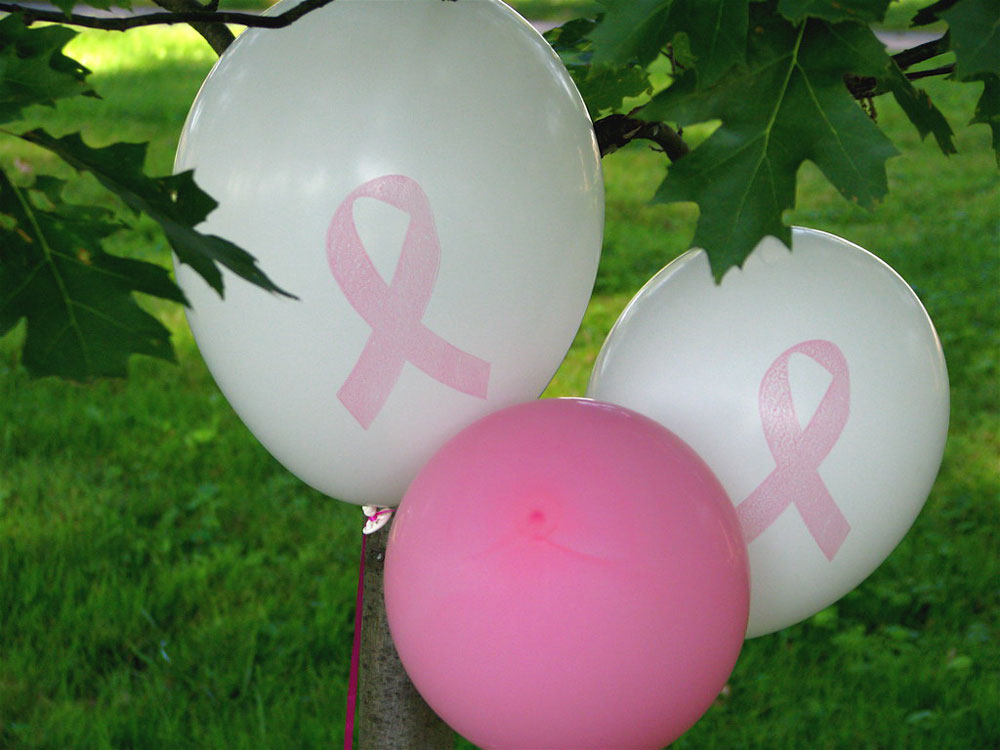
October 26, 2020; Philadelphia Inquirer
Can we not fall into the trap of calling Susan G. Komen’s recent “Shrink the Pink” strategy an outgrowth of the pandemic? That would, after all, eliminate some learnings nonprofits should keep in mind about integrity and fidelity to one’s base.
While the 38-year-old organization has only recently announced it is closing all of its affiliates and centralizing its work, Komen has been “consolidating its affiliates” for eight years after it offended half of its constituency with its plan to stop funding Planned Parenthood for women’s breast cancer screening services, a decision it later reversed but never adequately explained. Since then, it has seen its revenues plummet and most of its annual budgets in deficit. According to this insightful article by Marie McCollough in the Philadelphia Inquirer, it will even close its Dallas headquarters and work remotely from here on out.
Here’s the statement Komen published in April:
Susan G. Komen, the world’s leading breast cancer organization, today announced a series of changes to position it for the next era of mission delivery. The move will facilitate a change in Komen’s mission delivery that includes strengthening its current advocacy and investment in research, while focusing on connecting to patients in a more direct, personal way. To support this new direction, Komen will begin a process to integrate the operations of its Affiliate Network under the national organization.
“The unprecedented health and economic crisis we are undergoing as a nation has highlighted how important our patient support, research and advocacy are for people facing breast cancer – they need us now, more than ever,” said Paula Schneider, Komen’s President and CEO. “Komen has always believed in health equity, meaning that where you live and what your race or ethnicity is should not determine whether you live. The needs of our community are changing, and we must change to more effectively meet those needs.
In the same release, they quoted a Walmart representative rather than an affiliate spokesperson:
The advantage of Komen’s transformation was emphasized by Sean Slovenski, SVP Health and Wellness, Walmart, who noted: “The future of health care will include new platforms and settings for people to get the care they need, which will require us all to operate differently, seek out forward-thinking collaborations and employ cost-effective, scalable, technology-driven solutions to improve the patient experience.”
Komen announced that as part of this transformation, the national organization would begin a process to centralize all operations, integrating its independent Affiliate Network into the larger organization. This reorganization will enable Komen to leverage the combined expertise of its mission leaders to deliver a united mission program, utilizing technology as a key driver to connect to people where they are who need to access care and to help improve the patient experience; resulting in administrative and operational efficiencies.
Sign up for our free newsletters
Subscribe to NPQ's newsletters to have our top stories delivered directly to your inbox.
By signing up, you agree to our privacy policy and terms of use, and to receive messages from NPQ and our partners.
Komen noted that while its community presence will evolve, individuals and corporate partners will continue to have opportunities to show their passion and support through fundraising, whether in person or virtually at events like its signature Komen Race for the Cure and More Than Pink Walk family events and its Komen 3-Day, 60 mile endurance walks.
“Rest assured, we will continue to support local community engagement for both those who need help and those who want to help,” concluded Schneider.
That remains to be seen, but as late as June, the consolidation was being reported as “some affiliates” being closed or merged, as seen here and here. so, we can only wonder about the coherence of the plan itself. By August, the scorched-earth picture was coming into a bit more focus, and in October in Pennsylvania, the extent of the retraction was being fully spoken.
Still, McCollough reports Schneider saying, “Any reports or rumors of Komen’s closing are untrue. We are evolving, as we should, to ensure we are there for the breast cancer community for years to come.”
The organization seems to have lost its former mojo, which had been embodied in the devotion of its members. McCollough reports that disaffection between the organization and its base has not waned: “In recent years…the philanthropy has been criticized for stressing marketing over mission and for creating an overly upbeat, commercialized crusade that patients with metastatic cancer can’t relate to.”
In the end, much is exhibited in this allegorical story in the article, where the overall strategy and the reasons for taking that course finally become clear.
In 2019, as revenues declined and expenses grew, Komen announced it was replacing the Race for the Cure—a nationwide Mother’s Day tradition that attracted hundreds of thousands of pink-clad racers and walkers—with the More than Pink Walk.
In Philadelphia, where many Race for the Cure attendees had stopped bothering to register or donate in recent years, the More than Pink Walk used bike-rack barriers and security guards to restrict the event to participants who had paid the registration fee.
—Ruth McCambridge













